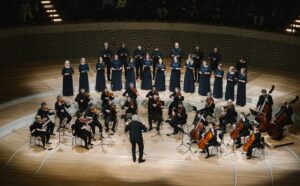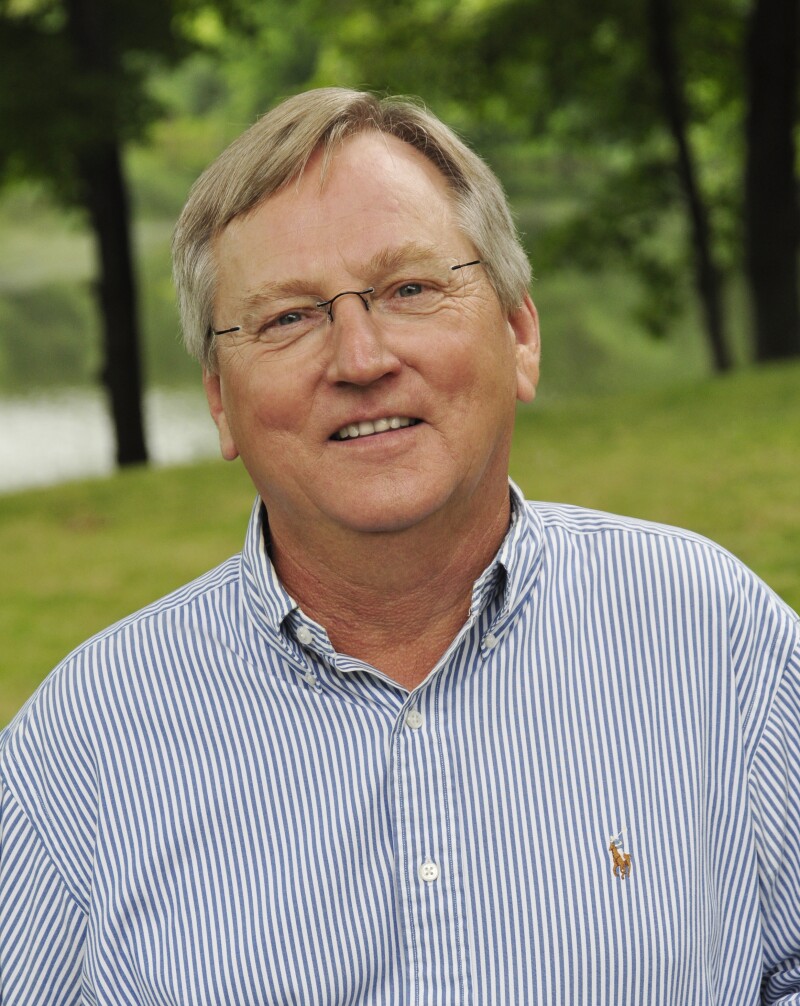
On March 8, 2025, the Elbphilharmonie in Hamburg marked the 90th birthday of renowned composer Arvo Pärt with a poignant concert that showcased his profound musical language. The evening featured performances by the Estonian Philharmonic Chamber Choir under the direction of Tõnu Kaljuste, accompanied by the Hamburg-based Ensemble Resonanz. This gathering transformed into an intimate meditation on Pärt’s work, highlighting the clarity and emotional depth that characterizes his compositions.
Illuminating the Essence of Pärt’s Music
Pärt’s music is often defined by its minimalist approach, focusing on clarity and silence. Under Kaljuste’s sensitive direction, the choir’s rendition of “Stabat Mater” exemplified this ethos. Each note resonated with a crystalline quality, revealing the ancient trochaic rhythm that forms the backbone of Pärt’s “path of reduction.” The choir’s disciplined restraint allowed the vowels to dissolve into vibrations, while the strings responded with a precision that illuminated the composition’s geometric structure.
As the performance progressed, the audience experienced a seamless transition from “Stabat Mater” to “Festina lente,” a piece characterized by its paradoxical title meaning “make haste slowly.” The strings created overlapping tempos, bending time and producing a meditative atmosphere. Listeners could feel the music’s pulse resonate within the hall, creating a sense of shared experience that transcended the ordinary.
Emotional Peaks and Dynamic Interpretations
The concert also featured “L’Abbé Agathon,” where soprano Maria Listra delivered a performance filled with gentle radiance. Her pure voice navigated challenging passages with remarkable control, conveying the compassion that lies at the heart of Pärt’s late style. The interaction between soloist and ensemble unfolded like a serene drama, illustrating Pärt’s ability to communicate profound emotion through sound.
Following the intermission, Šerkšnytė’s “De profundis” introduced a more dynamic energy, showcasing the composer’s remarkable talent at a young age. This single-movement work drew on both her cultural heritage and the meditative qualities of Indian ragas, allowing motifs to unfold gradually. Ensemble Resonanz’s interpretation shaped these crescendos with patient inevitability, transforming a Baltic cry into luminous sound.
The concert reached its emotional zenith with “Adam’s Lament,” where Pärt’s vision of Adam as a figure representing humanity resonated deeply. The choir’s divided voices echoed, creating a haunting dialogue that captured the essence of loss and acceptance. Ensemble Resonanz provided an understated yet powerful backdrop, allowing the haunting beauty of the choir to shine through.
Through this performance, the essence of Pärt’s artistry was laid bare: compassion rendered in tone, with silence serving as a form of redemption. In an era where minimalism often risks veering into emptiness, Pärt’s music maintains a profound spiritual core, drawing listeners into a reflective space.
As the evening concluded, audiences felt a sense of homecoming in Hamburg, where the air still carries the salt of the Baltic Sea. The interplay of sound and silence created a quiet bridge between the northern waters and the inner stillness from which Pärt’s music has always emerged. This celebration not only honored a living legend but also reaffirmed the enduring power of music to connect deeply with the human experience.






